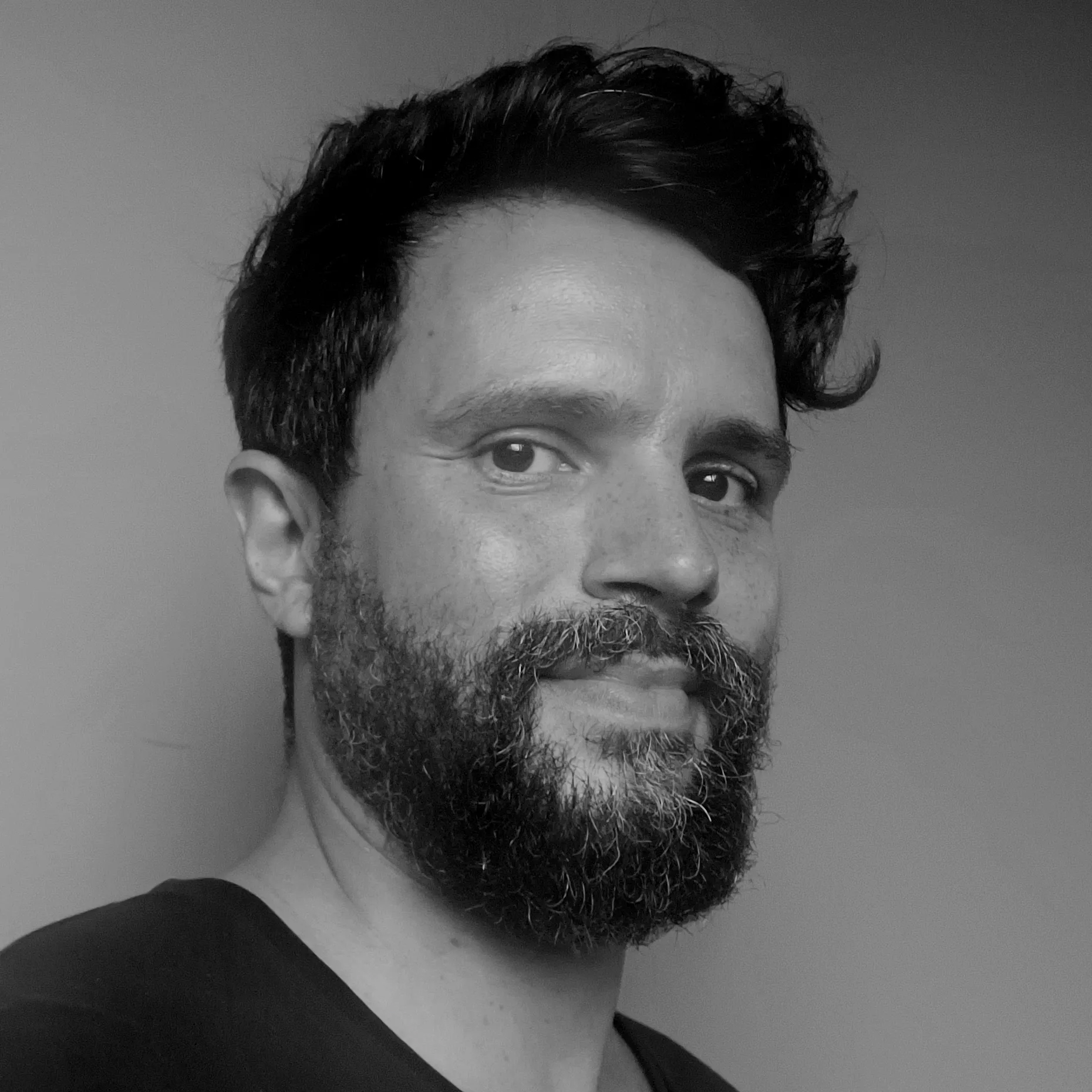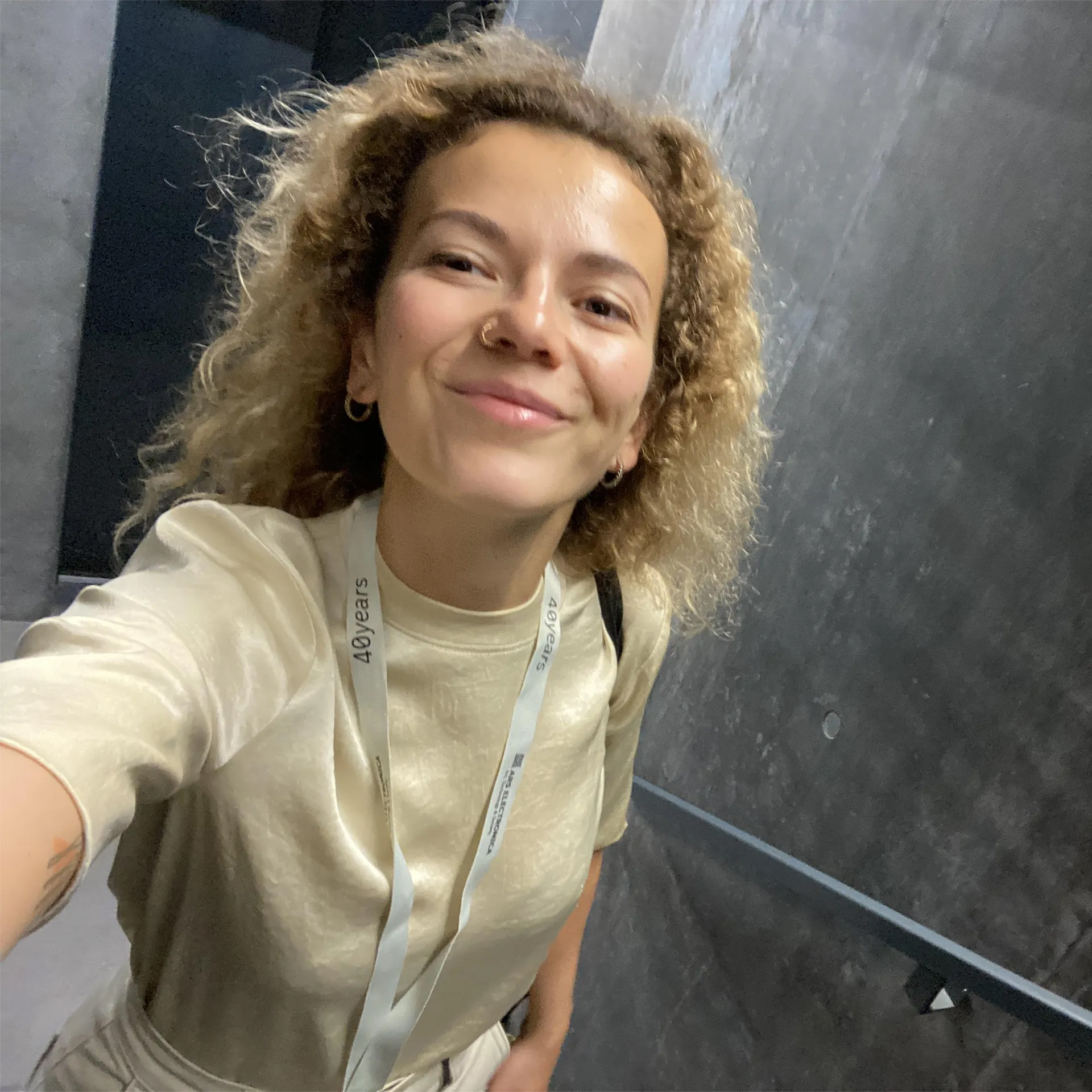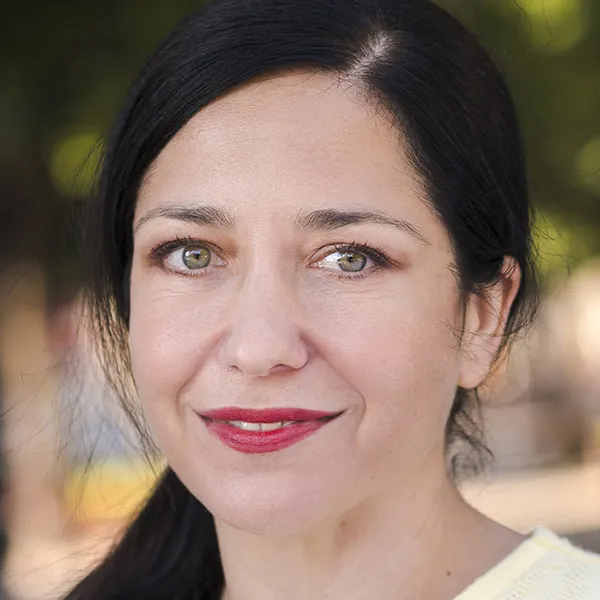ASIFA Austria Forum
am 09-09-2023 beim Symposium Expanded Animation 2023 auf der Ars Electronica!
Ort: Ars Electronica Center, Skyloft / Linz. Der Eintritt zum Symposium ist frei, keine Voranmeldung erforderlich.
Zum zweiten Mal kooperiert ASIFA Austria mit der Fachhochschule Hagenberg und der Expanded Animation-Schiene bei der Ars Electronica in Linz, um bei diesem Symposium mit einem eigenen Vortragspanel namens ASIFA Austria Forum vertreten zu sein. Kuratiert und organisiert wurde die Veranstaltung wieder von Reinhold Bidner und Juergen Hagler, die mit den drei Vortragenden wieder ein sehr abwechslungsreiches, vielseitiges, aber jeweils gleichermassen interessantes Programm zusammengestellt haben.
For the second time ASIFA Austria cooperated with FH Hagenberg, Expanded Animation and Ars Electronica in Linz to be represented with a specific panel called ASIFA Austria Forum at this symposium. The panel was curated and organised again by Reinhold Bidner and Juergen Hagler. Their choice of speakers provided a colourful and equally most interesting programme.
11:00 Uhr: ASIFA Austria Forum – Pedro Harres: Storytelling and 2D Animation in 6DOF

Animation, Live-Action und XR Director @ www.pedroharres.net
Pedro Harres (BR/DE) stammt aus Brasilien, lebt in Berlin und ist Animationsregisseur, Drehbuchautor und Multimediakünstler. Erstudierte Film, Animation und Philosophie und befasst sich in seiner Arbeit mit unterschiedlichsten Themen und Formaten wie Installationen, Film , oder XR. Die durchgehende Beschäftigung mit dem Thema Raum auf verschiedensten Ebenen zB als narratives Element, das dann wieder die Ästhetik des Films beeinflusst, bildet eine Kostante in seinem Werk. Sein erster animierter Kurzfilm, Castillo y el Armado, gewann zahlreiche Preise nach seiner Premiere bei der Venice71 – Orizzonti Competition. Seine Master Thesis als Animationsregisseur an der Babelsberg Film Universität, From The Main Square, ist sein Debut bei interaktiver VR und gewann den Venice Immersive-Grand Jury Prize bei Venice79.
Animation, Live-Action and XR Director @ www.pedroharres.net
Pedro Harres (BR/DE) is a Berlin-based Brazilian animation director, scriptwriter, and multimedia artist. He studied film, animation, and philosophy. His work varies greatly in terms of style and formats, including installations, films, and XR. However, an allegorical use of space can be perceived as a constant throughout his work; space considered not only as support for the mise-en-scène, but as a layer that deepens storytelling, calls for reflection, and ultimately resignifies the artwork. Castillo y el Armado, his first animated short, received numerous awards and premiered at the Venice71 – Orizzonti Competition. From The Main Square is his Master’s thesis in Directing Animation at Babelsberg Film University, his debut in interactive VR and won the Grand Jury Prize from Venice Immersive at Venice79.
11:40 Uhr: ASIFA Austria Forum – Fanni Fazakas: Breaking Taboos with XR

XR Creator @ RUMEXR
Fanni Fazakas (HU) ist Unreal Engine Technical Artist, Director and Researcher. Ihr aktuelles Projekt, Missing 10 Hours VR, ist eine nicht fiktionale VR Arbeit mit unterschiedlichen Handlungssträngen und Enden. Es handelt von GHP (KO-Tropfen) als Vergewaltigungsdroge und dem Mitläufer-Effekt (Bystander Effekt). Das Projekt wurde mit den Pauszeichnungen Best in Show VR at Siggraph Los Angeles und Best XR Impact at DocEdge Film Festival New Zealand geehrt. Fanni ist Senior Lecturer an der Victoria University Wellington – Te Herenga Waka und unterrichtet dort das Master of Design Technology program.
Davor unterrichtete sie nicht lineares Storytelling an der Moholy-Nagy Unversity of Art and Design, wo sie auch ihren BA Abschluss absolvierte. Sie ist Gründerin von RUMEXR, ein Kollektiv digitaler Künstler:innen aus Budapest das mit Echtzeittechnik und immersiven Design kraftvolle künstlerische Arbeiten produziert, um sozialen und umweltspezifische Themen zu transportieren. Fanni hat das New York University ITP Program abgeschlossen, wo sie 2019 ihren Master Abschluss absolviert hat.
XR Creator @ RUMEXR
Fanni Fazakas (HU) is an Unreal Engine Technical Artist, Director and Researcher. Her current project, Missing 10 Hours VR, is a non-fiction Virtual Reality experience with multiple endings that explores the use of GHB as a date-rape drug and the Bystander Effect. The project has earned recognition as the Best in Show VR at Siggraph Los Angeles and Best XR Impact at DocEdge Film Festival New Zealand. Fanni is a Senior Lecturer at Victoria University Wellington – Te Herenga Waka, teaching in the Master of Design Technology program. Previously, she taught non-linear storytelling at the Moholy-Nagy Unversity of Art and Design, where she also earned her BA degree. She is the founder of RUMEXR, a Budapest-based digital artist collective that creates impactful artistic works utilizing real-time solutions and immersive design to promote social and environmental change. Fanni is a graduate of the New York University ITP Program, where she earned her master’s degree in 2019.
12:20 Uhr: ASIFA Austria Forum – Kris Hofmann: Perform to Communicate

Animation Director & Communication Designer @ krishofmann.co.uk
Kris Hofmann (AT) lebt zur Zeit in Wien, seit ihrem Abschluss am Royal College of Art in London 2010 als Animationsregisseurin und Animatorin. Seit 2018 spezialisiert sie sich VR und immersive Medien. Ihre erste ortsbezogene augmented reality-Arbeit, The Bookworms, wurde für die Österreichische Nationalbibliothek produziert. Danach produzierte Kris mehrere interaktive Unterrichtsmittel, „Nachtschwärmer“, eine immersive Installation über Lichtverschmutzung und die interaktive augmented Story App ‘Insects & Us’, uraufgeführt in der Photographers Gallery in London 2022.
Animation Director & Communication Designer @ krishofmann.co.uk
Currently based in Vienna, Kris Hofmann (AT) has been working as an animator and animation director since graduating from the Royal College of Art in London in 2010. Since 2018 her focus has been the design of immersive experiences.
Her first site-specific augmented reality story, ‘The Bookworms’, was directed and produced for the Austrian National Library in Vienna. In the years since, Kris designed a number of interactive education tools, ‘Nachtschwärmer’ – an immersive installation about light pollution, and the interactive augmented reality story app ‘Insects & Us’, which first showcased at The Photographers Gallery in London in 2022.


